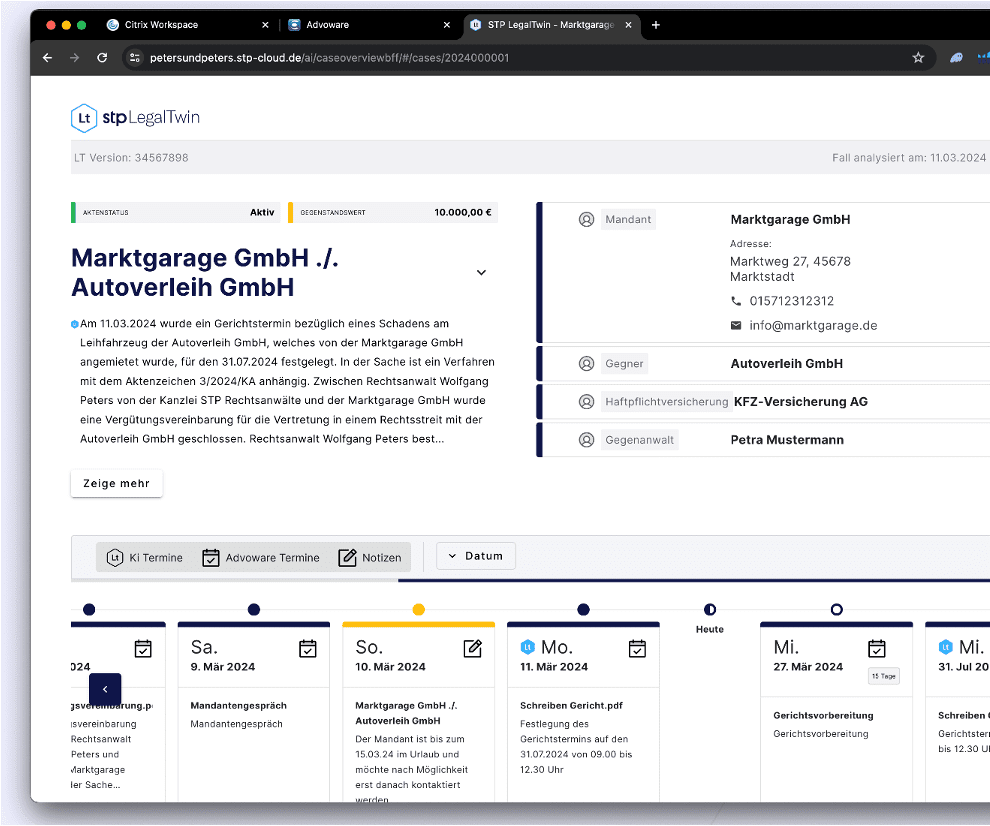-
- Solutions Products Marketplace Resources About Us
- Book A Demo
-
SolutionsForUse CaseProductsLaw FirmsInsolvencyLegal Departments & CorporatesResourcesDiscoverContact Us
Not finding what you are looking for? Feel free to reach out and we are happy to help.
About Us
For
Use Case
Law Firms
Insolvency
Legal Departments & Corporates
Discover
Contact Us
Not finding what you are looking for? Feel free to reach out and we are happy to help.
